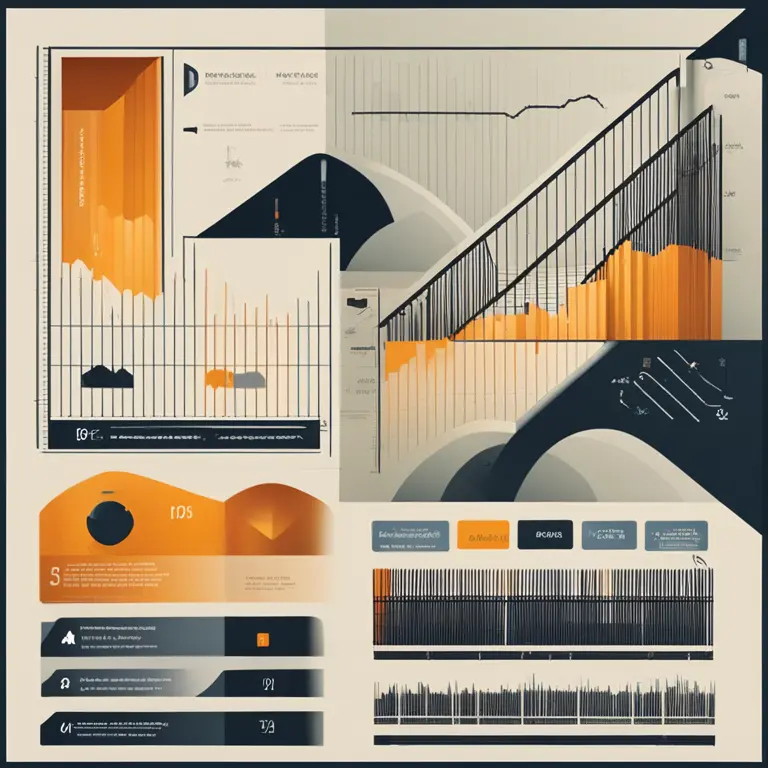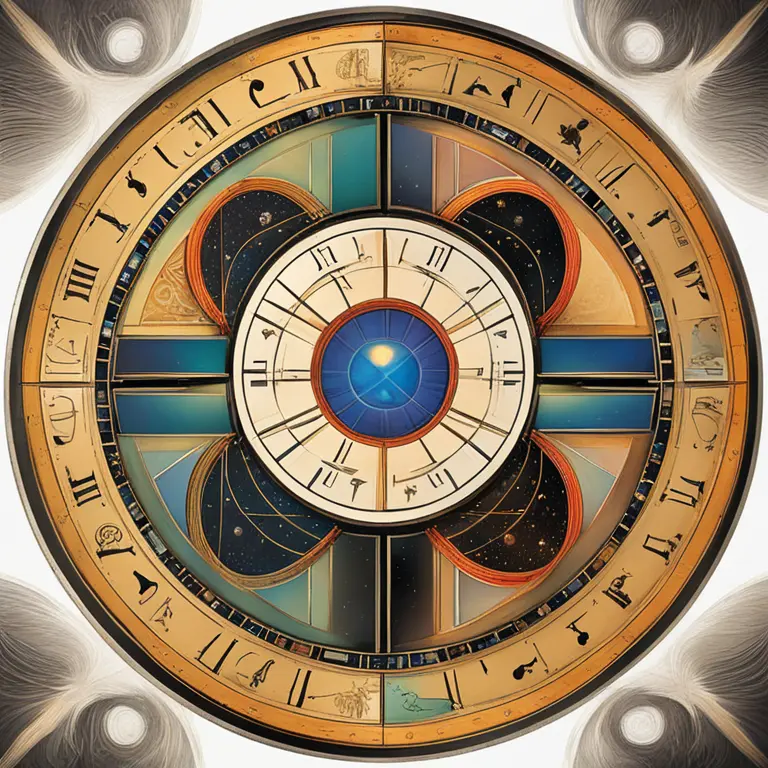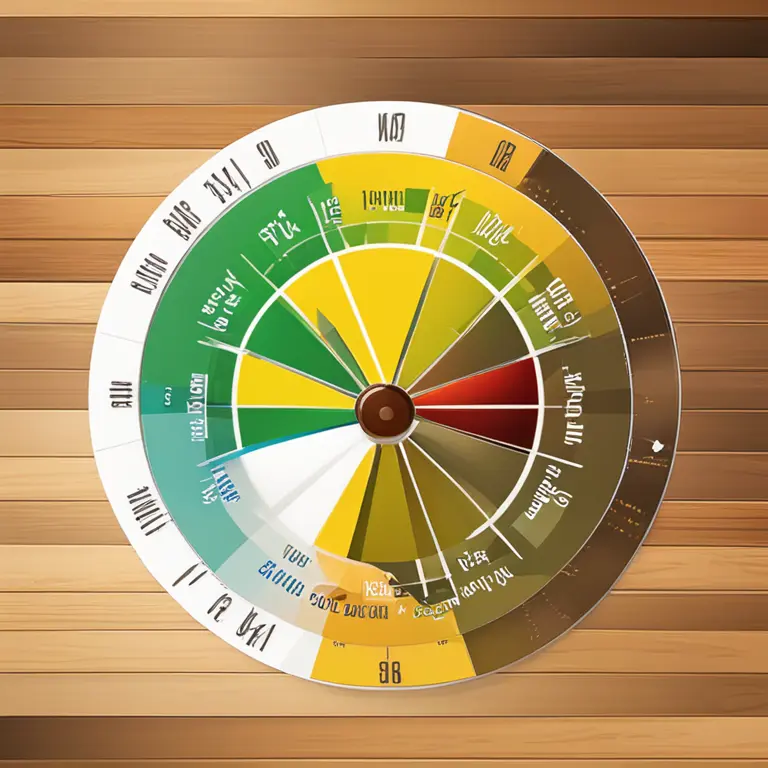
The Cycle of Physical Biorhythm: Body's Natural Rhythm
Delve into the concept of physical biorhythm to better understand your body's natural performance cycle and optimize your well-being.
article by Adrian Wallace
The Essence of Physical Biorhythm
Biorhythms are intrinsic cycles that are thought to regulate various aspects of our lives, influencing our physical, emotional, and intellectual states. Among these, the physical biorhythm, typically running on a 23-day cycle, supposedly dictates the vitality and energy levels of an individual. It is believed that by tracking this cycle, one can anticipate periods of high physical performance and potential downtime, thus allowing for better planning and optimization of activities that require vigor and strength.

Origins and Beliefs in Biorhythms
The concept of biorhythms can be traced back to the late 19th century but gained popularity in the 1970s. Although scientific consensus on the efficacy of biorhythm theory is lacking, many still find value in considering these cycles as a guide for personal well-being. Physical biorhythm, in particular, is often used by athletes, fitness enthusiasts, and those in physically demanding professions to align their most challenging tasks with their body's natural energetic peaks.

Charting Your Physical Biorhythm
Today's technology enables easy tracking of one's physical biorhythm through various online tools and apps. By inputting your date of birth, you can generate a personalized biorhythm chart. These charts typically present ups and downs in a wave-like pattern that corresponds to your cycle's high, low, and critical days, purportedly helping you understand when to push your limits or take it easy.

Critical Days and Performance
According to biorhythm theory, the days when the physical cycle crosses the zero line are considered critical. On such days, your physical capabilities might be more prone to fluctuation, and caution is advised, especially when engaging in activities that require fine motor skills or high levels of coordination. By being mindful of these shifts, it's hypothesized that one can avoid potential accidents or performance dips.

Scientific Scrutiny and Public Perception
The scientific community remains skeptical of biorhythms due to a lack of empirical evidence supporting their influence. Critics argue that belief in biorhythms may be a result of the placebo effect or confirmation bias. Despite this, the fascination with biorhythms persists, with many people finding personal anecdotes that corroborate the cycle's impact on their physical state.
Integrating Biorhythms into Daily Life
For those who choose to incorporate physical biorhythm awareness into their routines, it may serve as a tool for self-awareness and personal development. It encourages individuals to listen to their bodies and tailor their exercise regimes, work commitments, and rest periods according to their personal rhythm, potentially enhancing overall productivity and well-being.
Personalized Health and Future Implications
As interest in personalized health continues to grow, the concept of biorhythms may experience a resurgence, with more sophisticated methods to integrate these cycles with other wellness metrics. Whether or not biorhythms hold scientific weight, the idea of attuning to one's body rhythms can be a valuable practice in the pursuit of optimal health.
Published: 1/25/2024
Modified: 1/25/2024
More predictions
Come back here soon to learn more about yourself and your future


The Basis of Biorhythms: Biological Cycles Explored
Delve into the foundations of biorhythms and discover how these natural cycles influence our daily lives and well-being.


Your Biorhythm Horoscope Handbook
Discover the intriguing intersection of biorhythms and astrology. Learn how tracking your biological cycles can provide insights into your physical, emotional, and intellectual well-being.


The Rhythms Within: Biorhythm Horoscope Insights
Tap into the cosmic wisdom of biorhythms to understand your emotional, physical, and intellectual cycles for enhanced well-being and foresight.